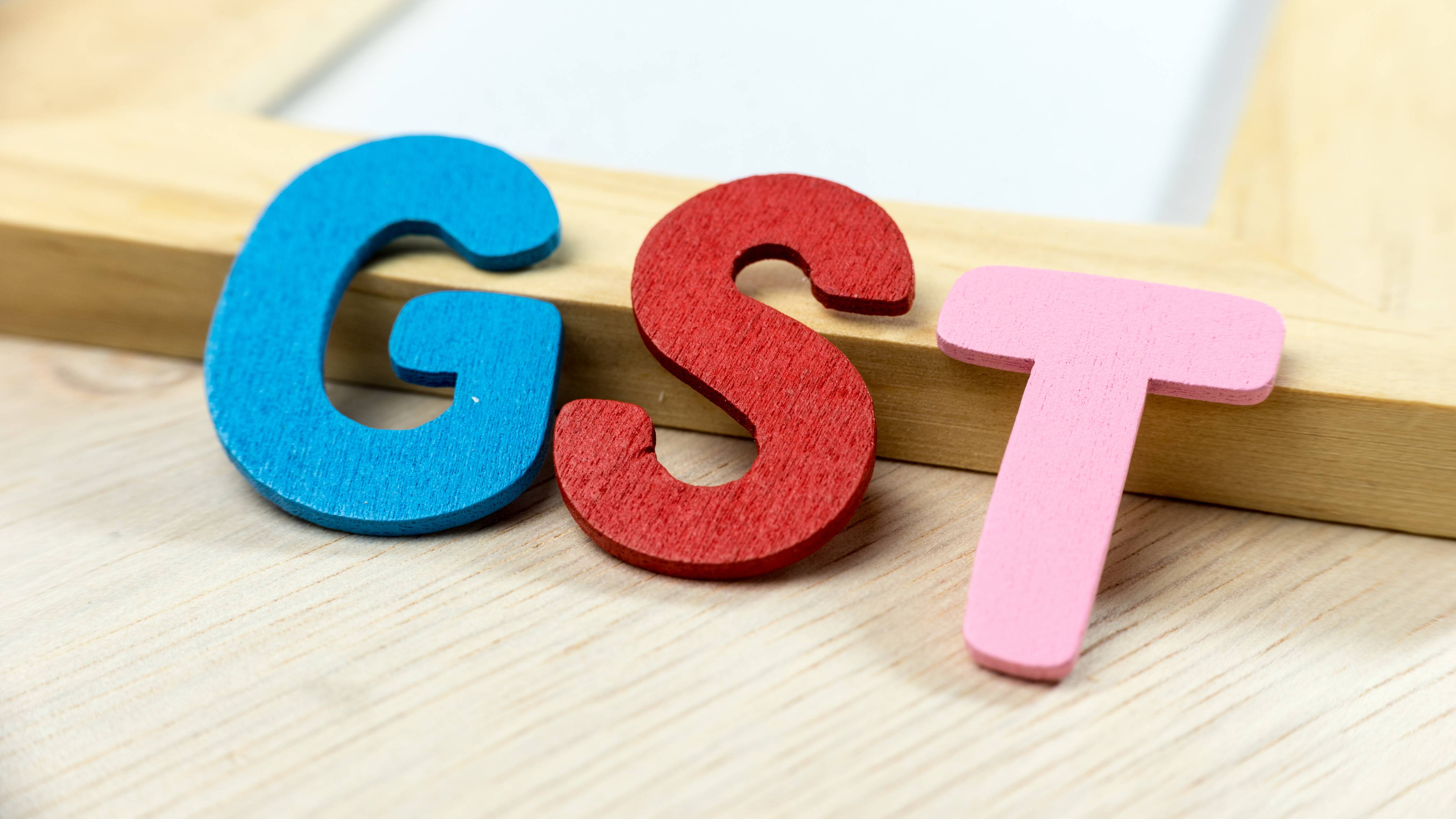Raju Vaziraney, President, SOM Distilleries & Breweries Limited
 GST is going to erode the bottom line of liquor companies. Listed companies like ours will be there but we will have no bottom line. We will not be able to make money in this business. Organizations like Ernst & Young and PwC are ready to give us the estimate of the exact loss that a liquor company would incur following the GST implementation, depending on individual company’s business plan for the next year or the next five years. So we can get an idea of how much loss a GST of 5% or 10% would inflict on us. It’s best to first understand the magnitude of the problem and then make a plan to mitigate the problem. For the industry, it is very important to keep engaged with regulatory authorities, which we are doing through CIABC, AIBA and other associations. We know we are talking to a difficult customer as they are not going to agree the way we wanted them to. Unfortunately liquor being a sin industry, the central government is skeptical about its inclusion in GST. I heard the Finance Minister saying in an interview that “alcohol (in GST) will be a show stopper”. Given the government’s opinion about the industry, it is important that we do three things. At least I will do them for my company. One is to work on premiumization with renewed vigour. The Indian consumer is young, and he/she is prepared to pay more for a better quality and better packaged product. It’s the right time to bring new premium products or work on premium versions of our brands to offer better propositions to consumers at a higher price or the right price. Over the years, the price rise in liquor products is quite modest as compared to other products. For example, we launched 8PM Whisky at the consumer price of Rs 180 in Delhi 1999-2000. Today, its price is just Rs 240, an increase of about in 35%. But during this period prices of petrol and milk have
GST is going to erode the bottom line of liquor companies. Listed companies like ours will be there but we will have no bottom line. We will not be able to make money in this business. Organizations like Ernst & Young and PwC are ready to give us the estimate of the exact loss that a liquor company would incur following the GST implementation, depending on individual company’s business plan for the next year or the next five years. So we can get an idea of how much loss a GST of 5% or 10% would inflict on us. It’s best to first understand the magnitude of the problem and then make a plan to mitigate the problem. For the industry, it is very important to keep engaged with regulatory authorities, which we are doing through CIABC, AIBA and other associations. We know we are talking to a difficult customer as they are not going to agree the way we wanted them to. Unfortunately liquor being a sin industry, the central government is skeptical about its inclusion in GST. I heard the Finance Minister saying in an interview that “alcohol (in GST) will be a show stopper”. Given the government’s opinion about the industry, it is important that we do three things. At least I will do them for my company. One is to work on premiumization with renewed vigour. The Indian consumer is young, and he/she is prepared to pay more for a better quality and better packaged product. It’s the right time to bring new premium products or work on premium versions of our brands to offer better propositions to consumers at a higher price or the right price. Over the years, the price rise in liquor products is quite modest as compared to other products. For example, we launched 8PM Whisky at the consumer price of Rs 180 in Delhi 1999-2000. Today, its price is just Rs 240, an increase of about in 35%. But during this period prices of petrol and milk have
gone up by 500%. The second thing is value engineering. I give you an example. Once the Chairman of my previous company, Dr. Lalit Khaitan, asked a liquid scientist working with Diageo, “What do you add to Johnnie Walker to make it Johnnie Walker Black?” The scientist replied, “Sir, it is not what we add, it is what we take out from the liquid to make it salient and brilliant.” In India, we have a tendency of adding malt and VMS all the time to our brands or adding better caps or shining mono carton or a heavy 600 gm bottle. The consumer may not want this, but we keep overdressing our brand by overspending. While doing this, we lose the focus on costing. All over the world it is the costing which drives profit not the price.
The basic raw material we can’t change but we can always revisit. It is not necessary that the consumer wants malt whisky all the time. He/she may want a lighter version. We have to
look for new avenues and opportunities to give offerings to the consumer in terms of value engineering. As an example of value engineering, we have launched White Fox RTD with 6%
vodka in a can. It has been accepted well in the markets where it has been introduced. It shows the consumer is prepared for a new-age product.
The third thing is the price increase which is difficult to achieve. Most of the states have got ad valorem tax. In other words, there are slabs and you can go to a higher slab and ask for a higher EDP. Time has come for the captains of the industry to look at it dispassionately without bothering about gaining or losing shares. We must look at opportunities to ensure that at
least our existing bottom line remains intact. As an industry, we should have a commonality of purpose. We must talk to regulatory authorities for a friendly excise policy. I am sure that collectively we will be able to mitigate the adverse impact of GST on our industry.


